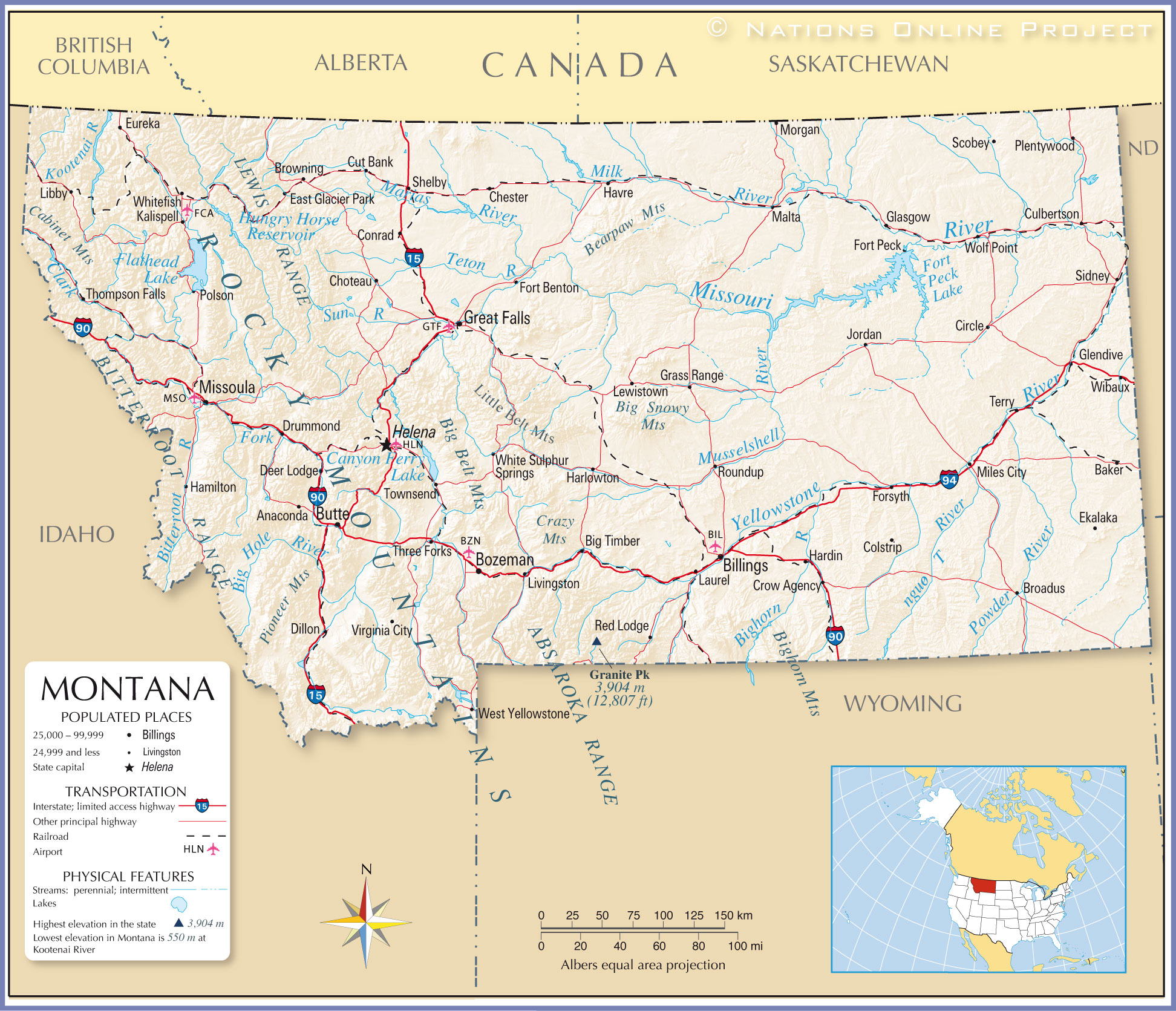


Requires the attorney general to notify the revisor of statutes if federal law is amended to allow the state to observe daylight saving time throughout the calendar year. HB 1422 in Texas passed the House on April 11, while SB 7 passed the Oklahoma Senate. Read MoreĪt least 2 9 states considered or are considering 76 pieces of legislation related to Daylight Saving Time (DST ) in 2023 -Alaska, Arkansas, C onnecticut, Idaho, Illinois, Iowa, Kentucky, Maine, Maryland, Massachusetts, Michigan, Minnesota, Missouri, Montana, Nebraska, New Jersey, New Mexico, New York, North Carolina, Ohio, Oklahoma, Oregon, Pennsylvania, South Carolina, Tennessee, Texas, Vermont, Virginia and Wyoming. Federal law allows a state to exempt itself from observing daylight saving time, upon action by the state legislature, but does not allow the permanent observance of DST. The territories of American Samoa, Guam, the Northern Mariana Islands, Puerto Rico and the U.S. All states but Hawaii and Arizona (except the Navajo Nation) observe DST. Department of Transportation is responsible for overseeing DST and the country’s time zones. The current enactment was part of the Energy Policy Act of 2005. Several changes occurred along the way, mostly altering the start and end dates of DST. had daylight saving time as early as 1918, with the current federal policy being enacted in 1966, as the Uniform Time Act. territories of American Samoa, Guam, the Northern Mariana Islands, Puerto Rico, and the Virgin Islands observe permanent standard time. Two states - Arizona and Hawaii - and the U.S. Some states have commissioned studies on the topic including Massachusetts (2017) and Maine (2021). Florida (2018 California voters also authorized such a change that year, but legislative action is pending so it is not counted). Delaware, Maine, Oregon, Tennessee and Washington (2019). Idaho, Louisiana, Ohio (resolution), South Carolina, Utah and Wyoming (2020). The 19 states are Colorado and Kentucky (resolution) (2022), Alabama, Georgia, Minnesota, Mississippi and Montana (2021). Because federal law does not currently allow full-time DST, Congress would have to act before states could adopt changes. In the last five years, 19 states have enacted legislation or passed resolutions to provide for year-round daylight saving time, if Congress were to allow such a change, and in some cases, if surrounding states enact the same legislation. Since 2015, at least 450 bills and resolutions have been introduced in virtually every state, but none of significance passed until 2018, when Florida became the first state to enact legislation to permanently observe DST, pending amendment of federal law to permit such action. Almost all of the states have considered legislation over the last several years that would place the state permanently on either standard time or daylight saving time. State legislatures continue to grapple with the vexing and multifaceted state policy questions regarding the biannual changing of the clocks. They are turned back again to standard time on the first Sunday in November as DST ends. begins each year on the second Sunday in March when clocks are set forward by one hour. The daylight saving time (DST) period in the U.S. The federal Uniform Time Act allows the former option but not the latter. Inherent in the debate is whether to enact either permanent standard time or permanent daylight time. Much of the legislation would stop the disruption-causing, twice-yearly clock switching. State legislatures have considered at least 450 bills and resolutions in recent years to establish year-round daylight saving time as soon as federal law allows it.


 0 kommentar(er)
0 kommentar(er)
